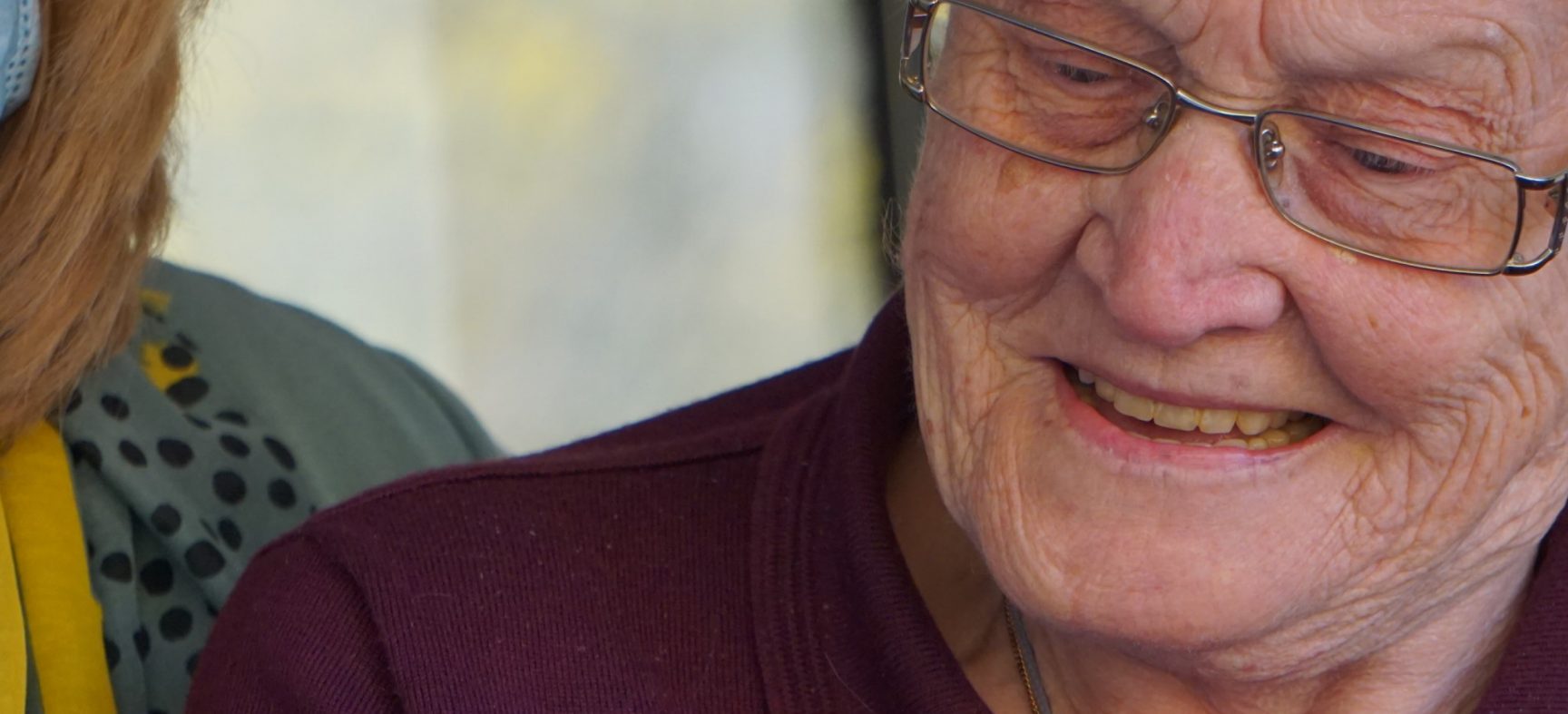Prior to any shelter-in-place orders that went into effect for the masses, senior citizens were deemed among the most vulnerable to contracting Covid-19 and it was suggested for them to stay at home and to take safety precautions. So, it has likely been several months since many have had face-to-face contact with friends and family. Throughout the pandemic, it was recommended that those close to elder individuals continue regular, distanced communication and frequent check-ins to ensure their health and well-being while isolated at home. Phone calls and video conferencing are certainly conducive to sharing thoughts and feelings, but without a physical presence, it is sometimes difficult to gauge one’s true emotional state and mental health.
Everyone has been affected in some way, however, social distancing has likely taken an even greater emotional toll on seniors who already may suffer from loneliness, health anxiety, and boredom. Although restrictions are slowly being lifted to ease society back into normal life, senior citizens will still need to be extra cautious, further extending their time alone. Additionally, concern that reopening may subject those they rely on for help to contract Covid-19 and in turn, make them susceptible to becoming sick or leave them without a caregiver, can cause them distress or unable to feel safe.
Look for any signs of depression or anxiety. Does your loved one seem angry, sad, fatigued, or apathetic? Are there any signs of cognitive decline? Isolation could contribute to health issues such as higher blood pressure, memory inconsistency (including forgetting to eat or take medications) and impaired thinking, which can exasperate other existing medical problems. Let him or her know that it is common for people to feel stressed during a crisis and remind them that asking for and accepting help is a sign of strength. Any concerns should be discussed with a physician or mental health provider. Many social workers and therapists are offering virtual counseling sessions.
In addition to speaking to a professional, physical activity and diet will play a large part in maintaining and improving mental health. Be sure that elders are eating healthy and getting some form of physical activity daily. Stretching and relaxation exercises like yoga and mindfulness are wonderful to add to a routine. A caregiver can help with keeping things on track in addition to providing companionship.
You should continue the preferred form of communication and move towards socially distant in-person visits to lift their spirits. Encourage loved ones to spend time outdoors. Brighten their day by sending a gift, especially one which may provide them with an activity, such as a puzzle. Become more proactive with discussing feelings. Sending cards, letters, and photos is personal and greatly appreciated. Having their favorite meals prepared or delivered can offer a source of comfort and ease the burden of meal preparation.
Other Services and Items That You Can Look Into:
- Virtual Senior Centers
- Telehealth Outpatient Geriatric Psychiatry Clinics
- Livestreams from Places of Worship (Web, TV, Radio)
- Animatronic Pets (may be distributed by the state)
- Local Volunteer Services for Check-in Calls
- com (free educational website that offers courses about websites and technology that can assist with staying socially connected)
- Caregivers or companions (if they do not already have one)

